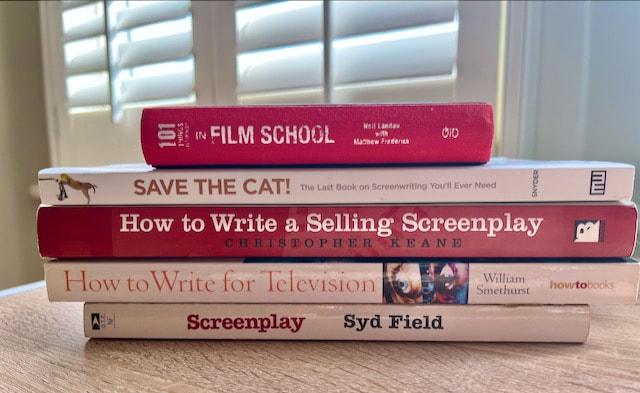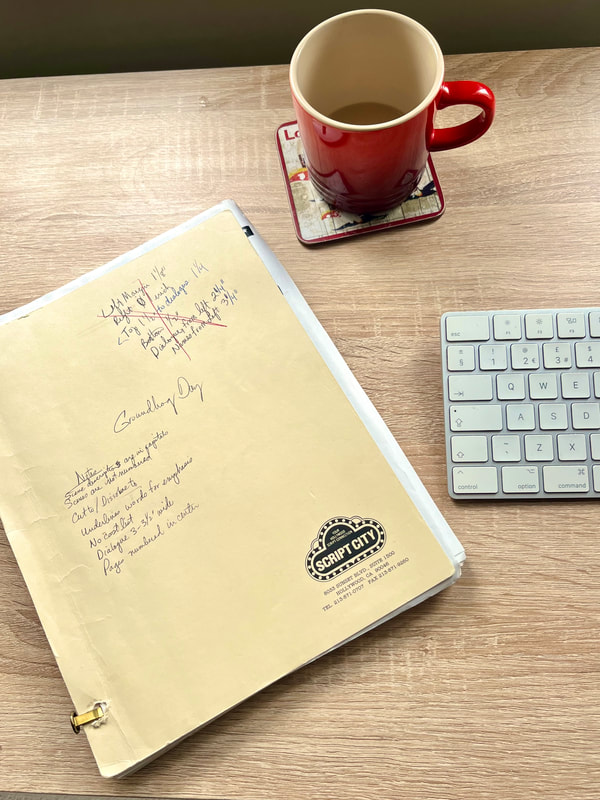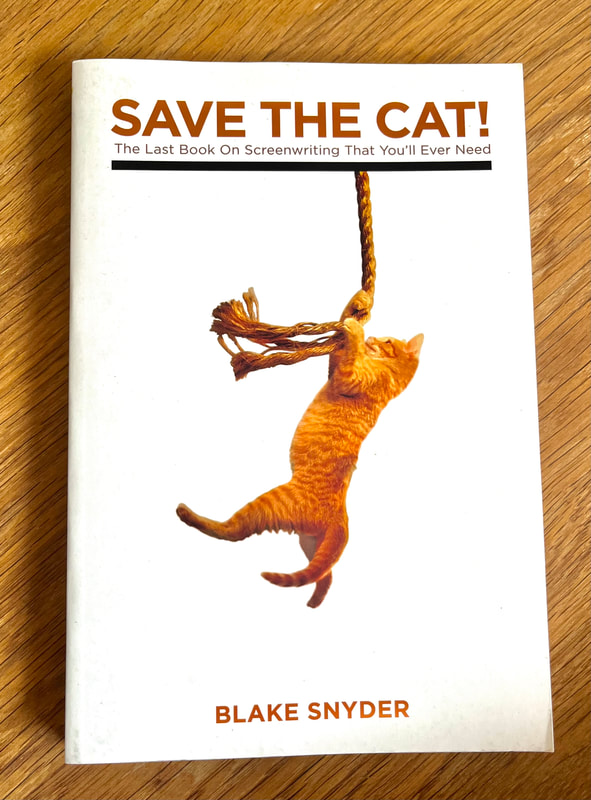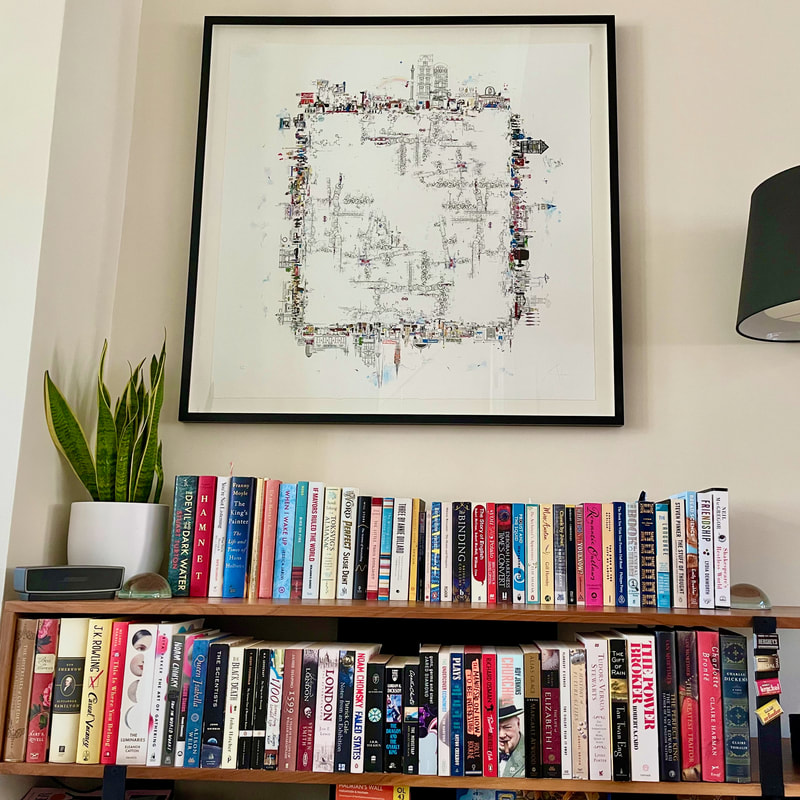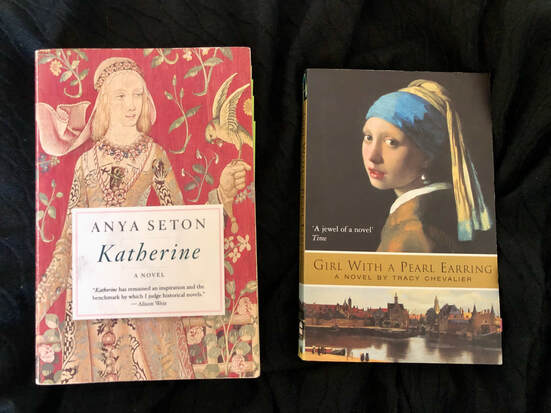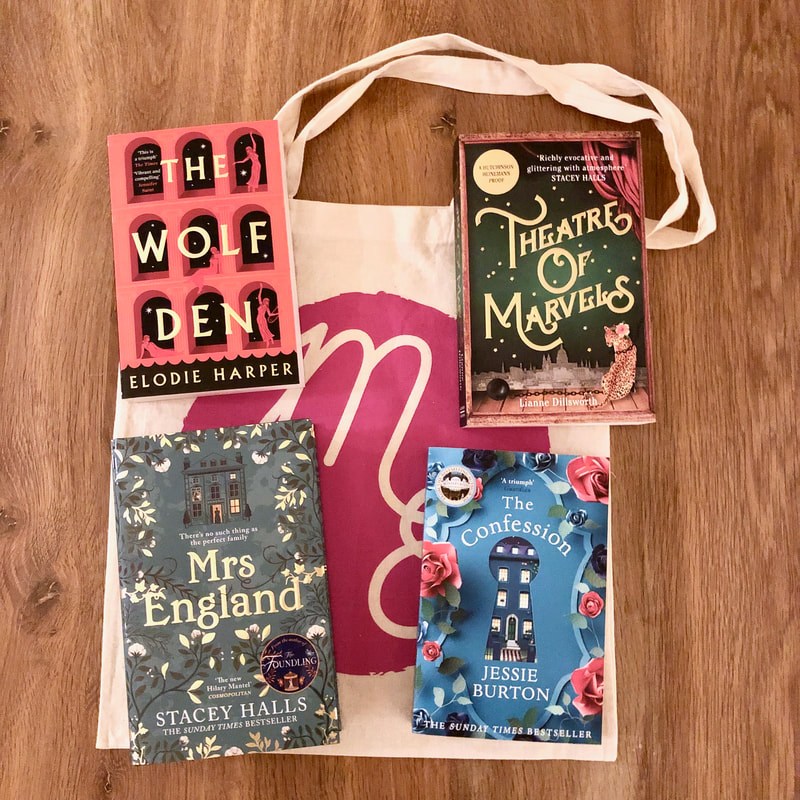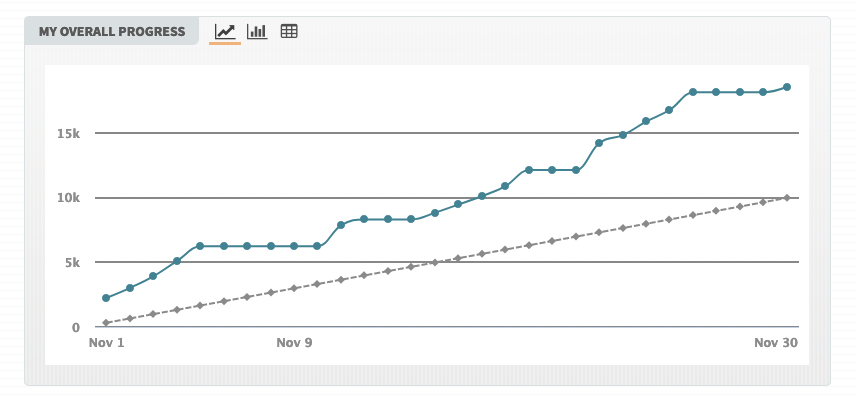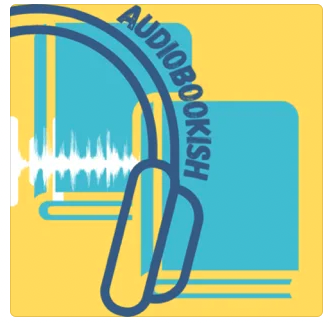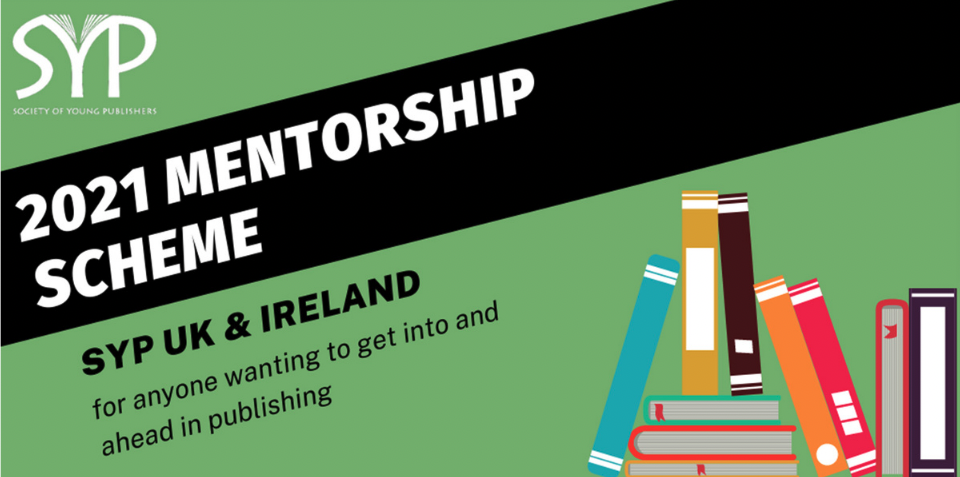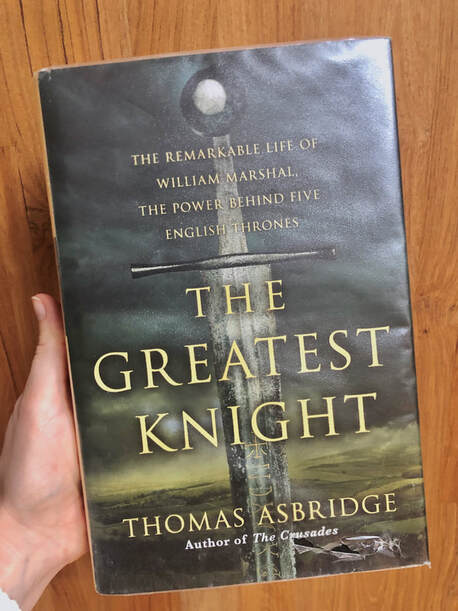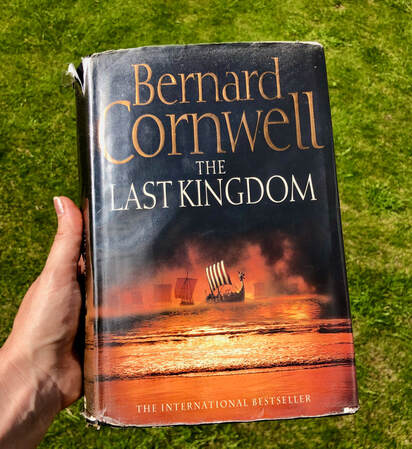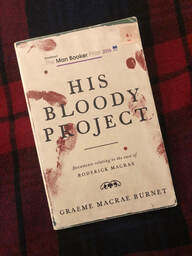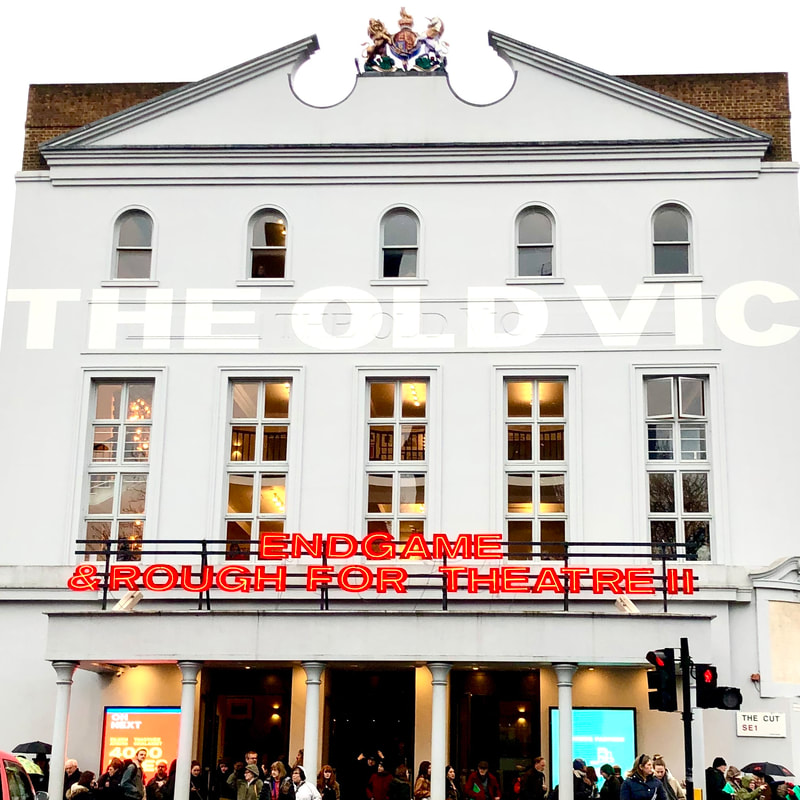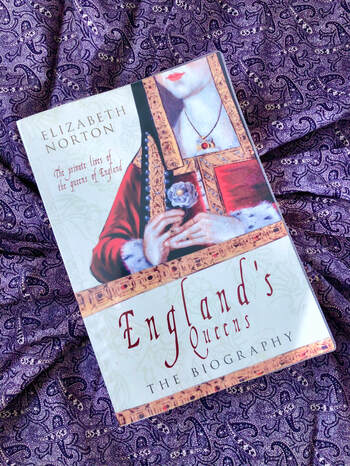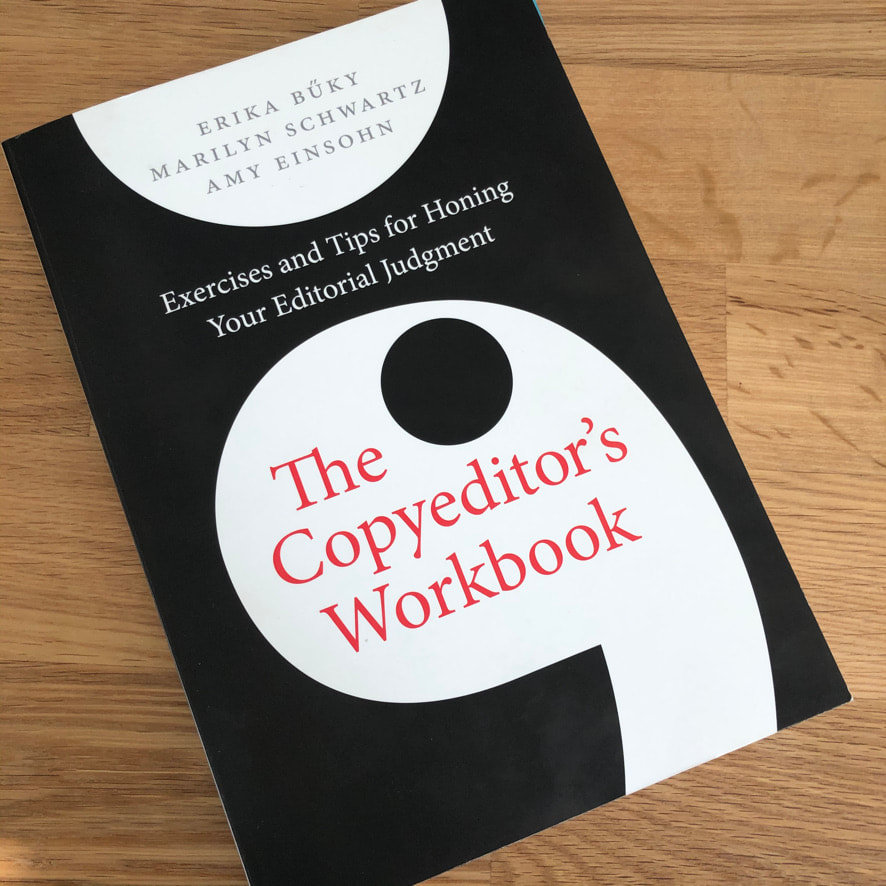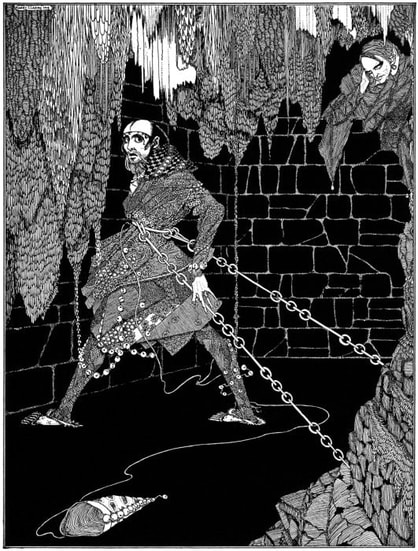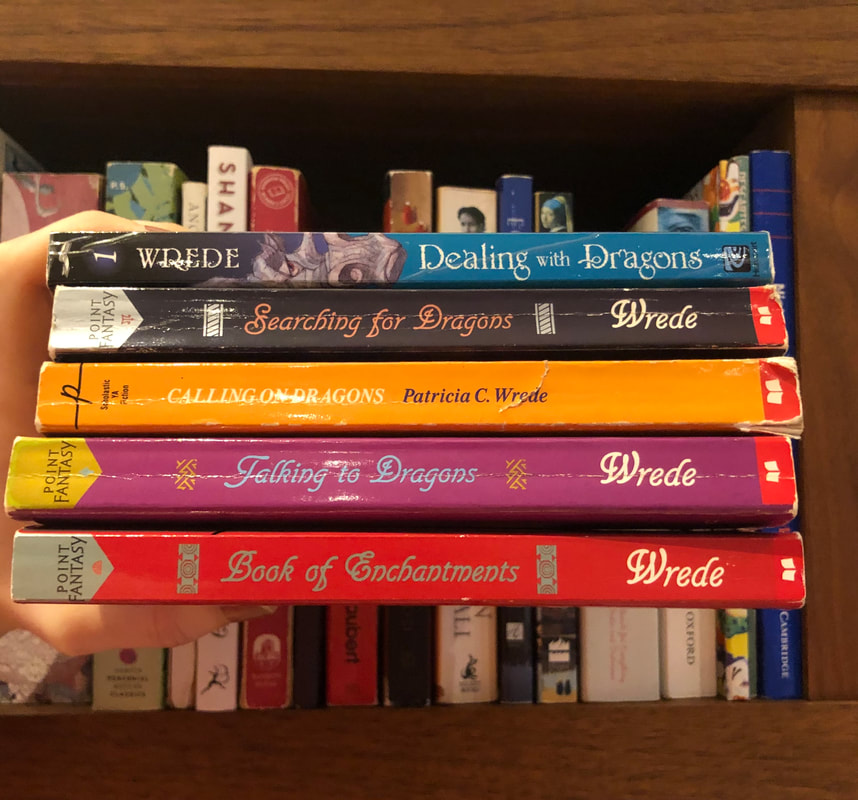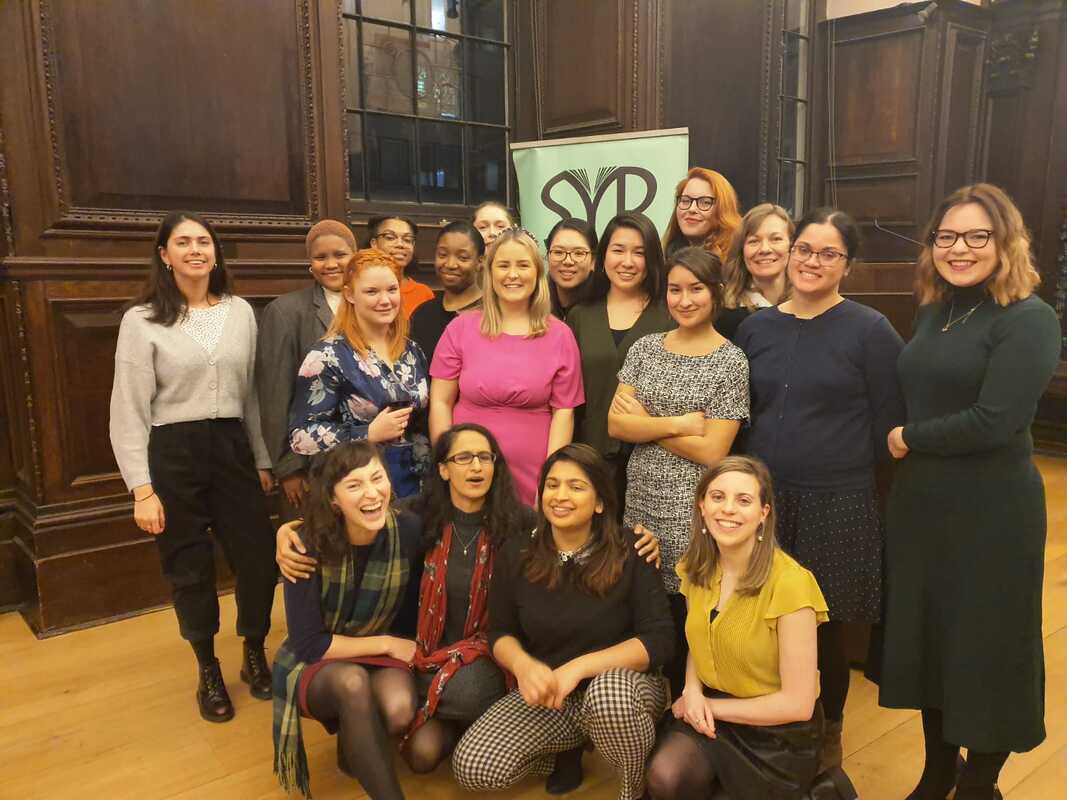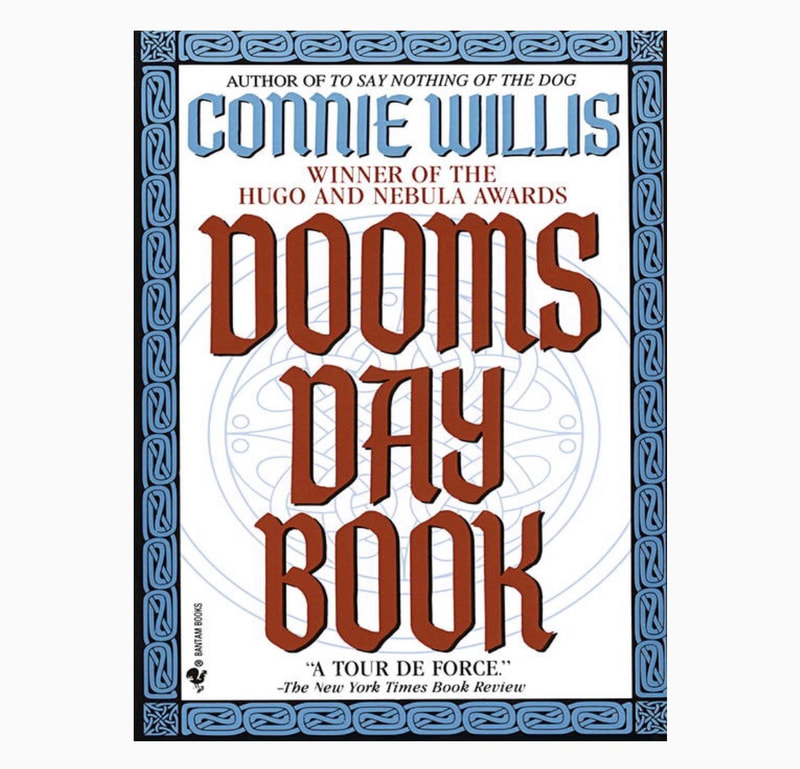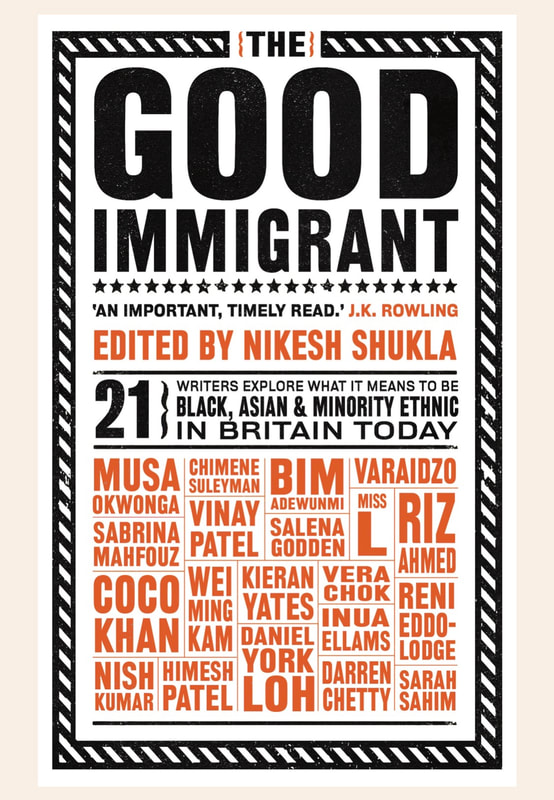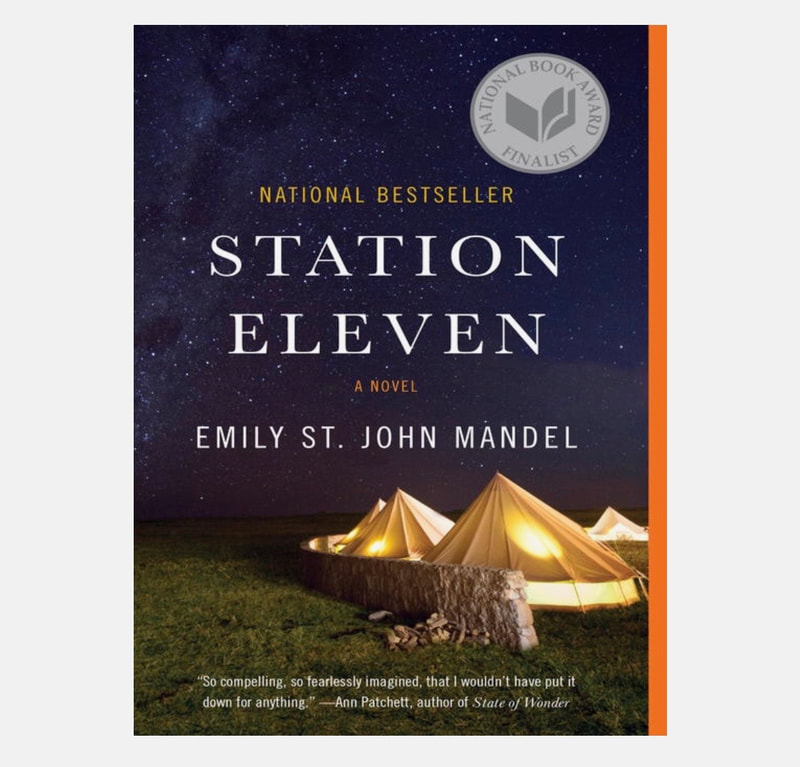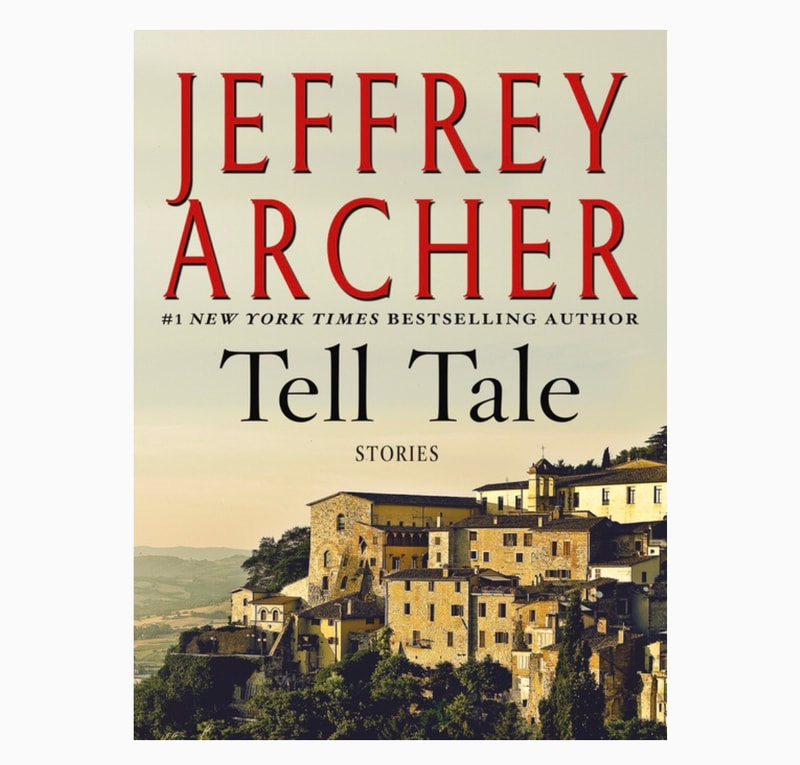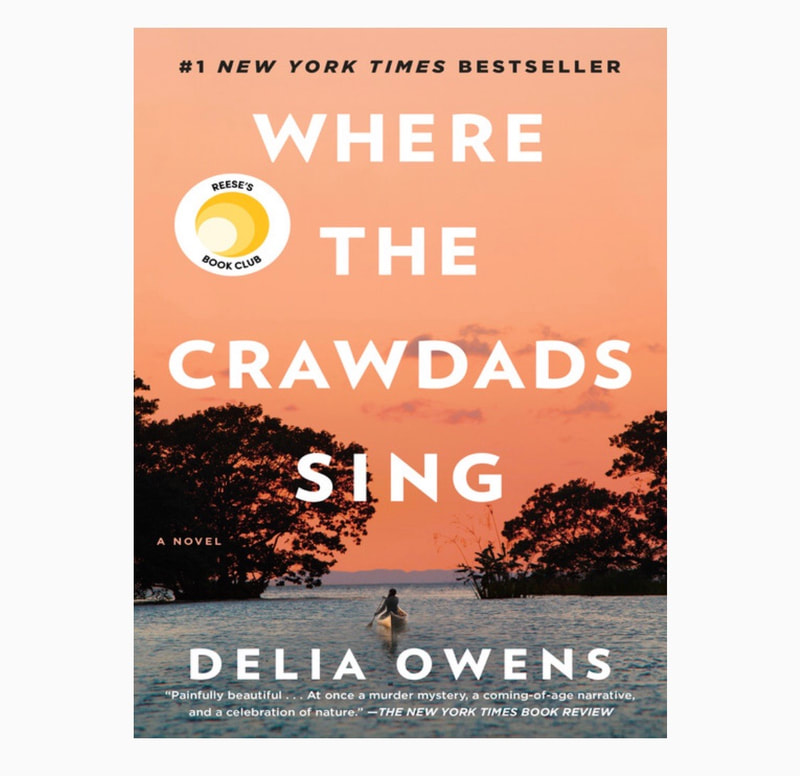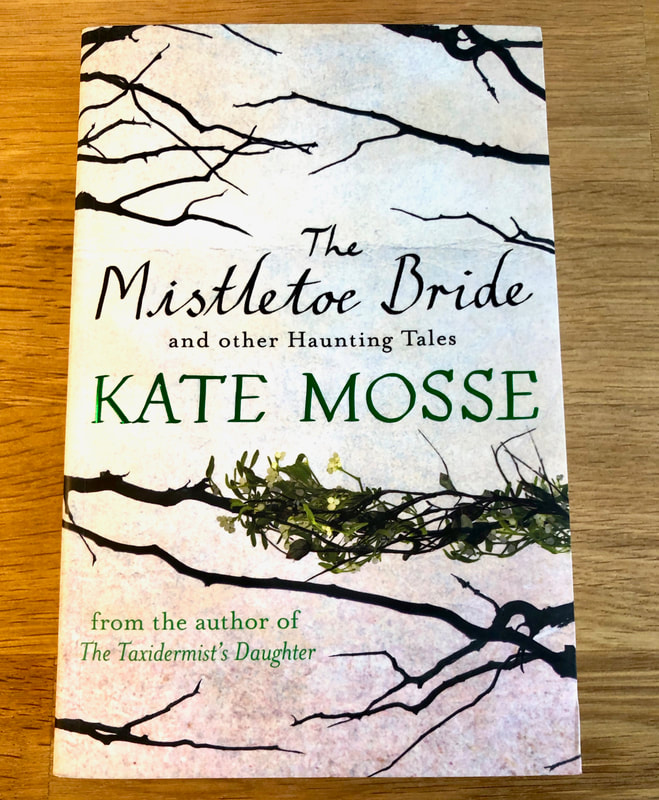The editor who reads too much |
|
I’ve just finished reading Brooklyn by Colm Toibin; it’s hard to put down! This book is wonderfully written, particularly in regards to characterization and a somewhat unlikeable protagonist.
This is the first of a four-part series about adapting manuscripts for the screen and stage.
What happens when I travel into the City to meet Juliet at her office at Mushens Entertainment?
I can’t hear the words ‘the time’ without automatically thinking of ‘The Time Warp’ from The Rocky Horror Picture Show.
What happens when you do a mentorship when you're older than everyone else? I'm about to find out!
When we think of knights, our imaginations conjure up armor, chivalry, and jousting, but what if that wasn’t the complete picture?
His Bloody Project is a fantastic example of writing that creates a realistic sense of time and place. If you want to experience a nineteenth-century murder trial in rural Scotland, pick this up.
On March 4, 2020 at the Old Vic, I saw my final plays before lockdown: “Endgame” and “Rough for Theatre II.” Could it have been more prophetic?
In the Oxfam bookshop near the British Museum in Bloomsbury, I found a copy of England's Queens. Wow. There was so much I didn’t know!
“The thousand injuries of Fortunato I had borne as I best could, but when he ventured upon insult I vowed revenge.”
Edgar Allan Poe, “The Cask of Amontillado” |
Categories
All
Archives
July 2024
�
Posts on editing
Posts on books
Posts on publishing
Everything Else!
|


